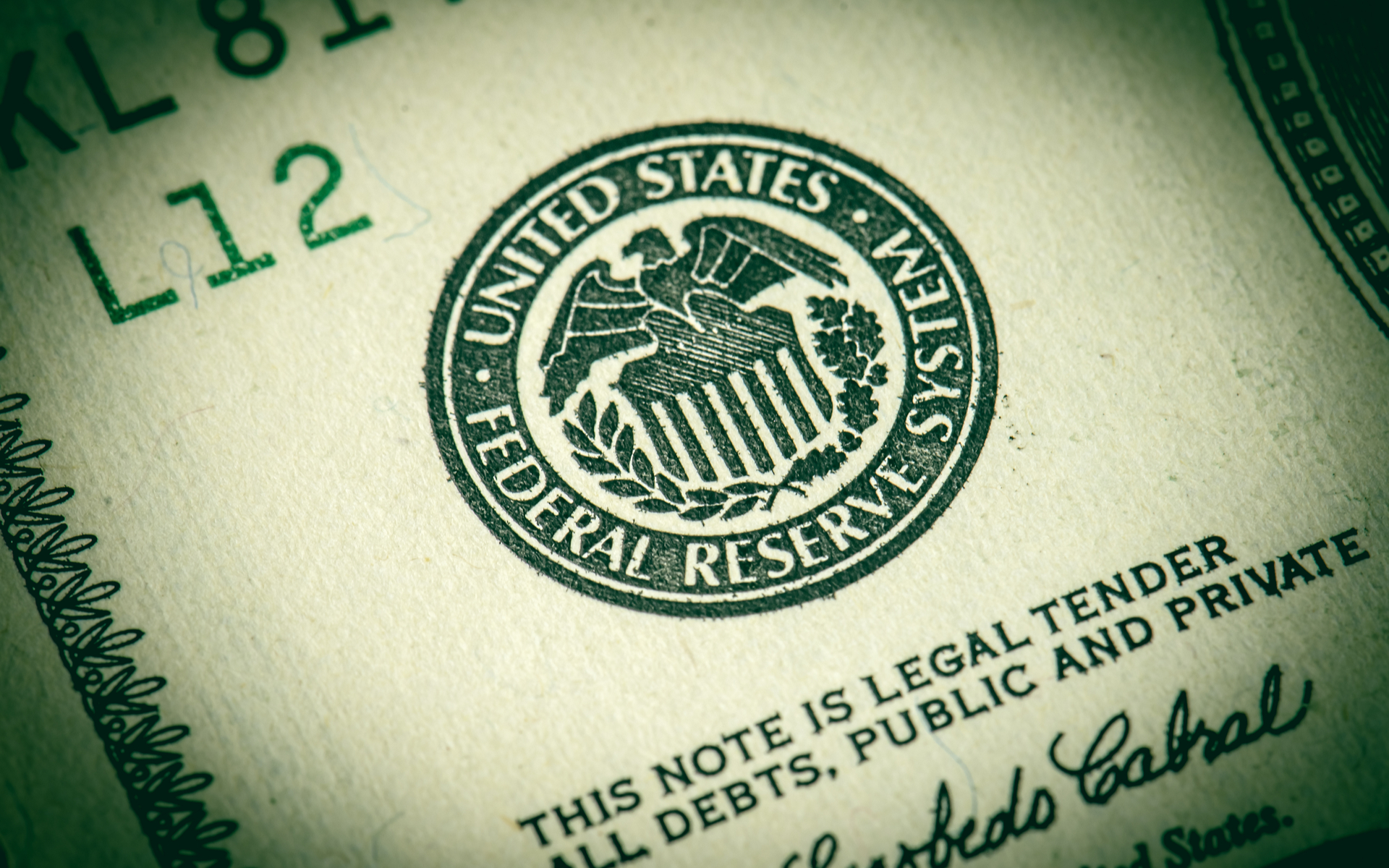PALO ALTO, Calif. (Reuters) - The Federal Reserve is taking a look at a broad variety of concerns around digital payments and currencies, including policy, design and legal factors to consider around potentially issuing its own digital currency, Governor Lael Brainard said on Wednesday. Brainard's remarks suggest more openness to the possibility of a Fed-issued digital coin than in the past." By transforming payments, digitalization has the possible to provide greater worth and convenience at lower cost," Brainard said at a conference on payments at the Stanford Graduate School of Service.
Central banks globally are debating how to manage digital finance technology and the distributed ledger systems used by bitcoin, which promises near-instantaneous payment at possibly low expense. The Fed is developing its own round-the-clock real-time payments and settlement service and is presently evaluating 200 comment letters submitted late last year about the suggested service's design and scope, Brainard said.
Less than 2 years ago Brainard informed a conference in San Francisco that there is "no compelling demonstrated requirement" for such a coin. But that was prior to the scope of Facebook's digital currency aspirations were widely understood. Fed authorities, consisting of Brainard, have actually raised concerns about customer defenses and data and privacy hazards that could be posed by a currency that could come into usage by the 3rd of the world's population that have Facebook accounts.
" We are working together with other central banks as we advance our understanding of central bank digital currencies," she stated. With more nations checking out issuing their own digital currencies, Brainard said, that adds to "a set of factors to likewise be making sure that we are that frontier of both research and policy development." In the United States, Brainard stated, issues that need study consist of whether a digital currency would make the payments system much safer or easier, and whether it could present financial stability threats, consisting of the possibility of bank runs if money can be turned "with a single swipe" into the reserve bank's digital currency.
To counter the financial damage from America's extraordinary national lockdown, the Federal Reserve has actually taken unprecedented actions, consisting of flooding the economy with dollars and investing straight in the economy. The majority of these relocations received grudging approval even from lots of Fed doubters, as they saw this stimulus as required and something just the Fed might do.
My brand-new CEI report, "Government-Run Payment Systems Are Hazardous at Any Speed: The Case Against Fedcoin and FedNow," information the dangers of the Fed's existing prepare for its FedNow real-time payment system, and proposals for main bank-issued cryptocurrency that have actually been called Fedcoin or the "digital dollar." In my report, I go over issues http://simonrock629.tearosediner.net/some-thoughts-on-fedcoin-a-fed-backed-cryptocurrency about privacy, information security, currency adjustment, and crowding out private-sector competitors and innovation.

Proponents of FedNow and Fedcoin say the federal government must produce a system for payments to deposit instantly, rather than encourage such systems in the private sector by lifting regulative barriers. But as noted in the paper, the economic sector is supplying a relatively unlimited supply of payment innovations and digital currencies to resolve the problemto the extent it is a problemof the time gap in between when a payment is sent and when it is received in a bank account.
And the what is the Great post to read fed coin examples of private-sector innovation in this location are lots of. The Cleaning Home, a bank-held cooperative that has been routing interbank payments in different kinds for more than 150 years, has fed coin cryptocurrency been clearing real-time payments because 2017. By the end of 2018 it was covering 50 percent of the deposit base in the U.S.